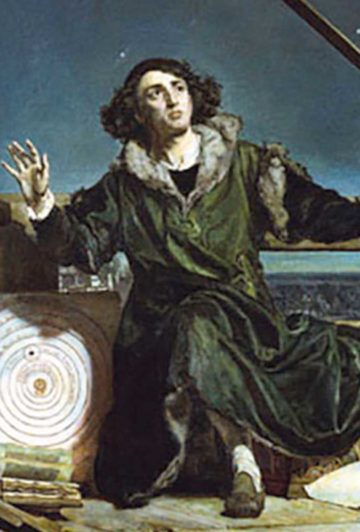
Modern Science and Politics
Tobin Craig
Hertog Foundation | 2013
From a comparative and historical perspective, one of the most unusual features of our public life is the public status accorded to the enterprise we call ‘science.’ With perhaps one or two exceptions, no feature of our public life is as uncontested, that is, generally regarded as unworthy of reflection because self-evidently and unproblematically good. It would seem to require a special effort to come to see science—or inquiry into nature with the goal of replacing belief with knowledge—as questionable. We will undertake that effort of inquiring after inquiry, of thinking through the goodness of science. Just what is science for?
For help with this question we turn to certain of the writings of Francis Bacon. Bacon’s answer—which helped transform natural philosophy into the methodical, collective enterprise familiar to us today—remains, in many respects, our answer. In returning to Bacon’s thought, we are thus afforded an occasion to reexamine the purpose of science, and the relationship between science, technology, and politics.
Jan Matejko’s Astronomer Copernicus Conversation with God, 1872.